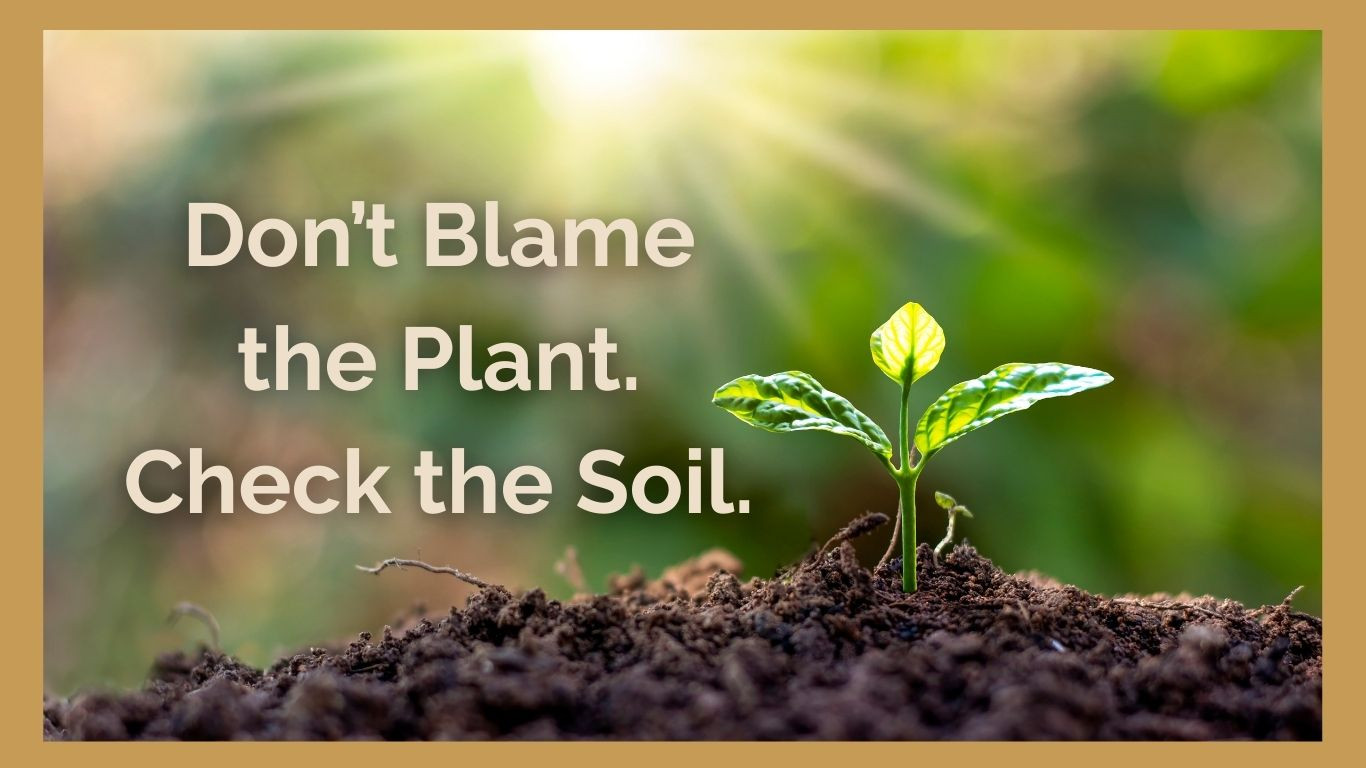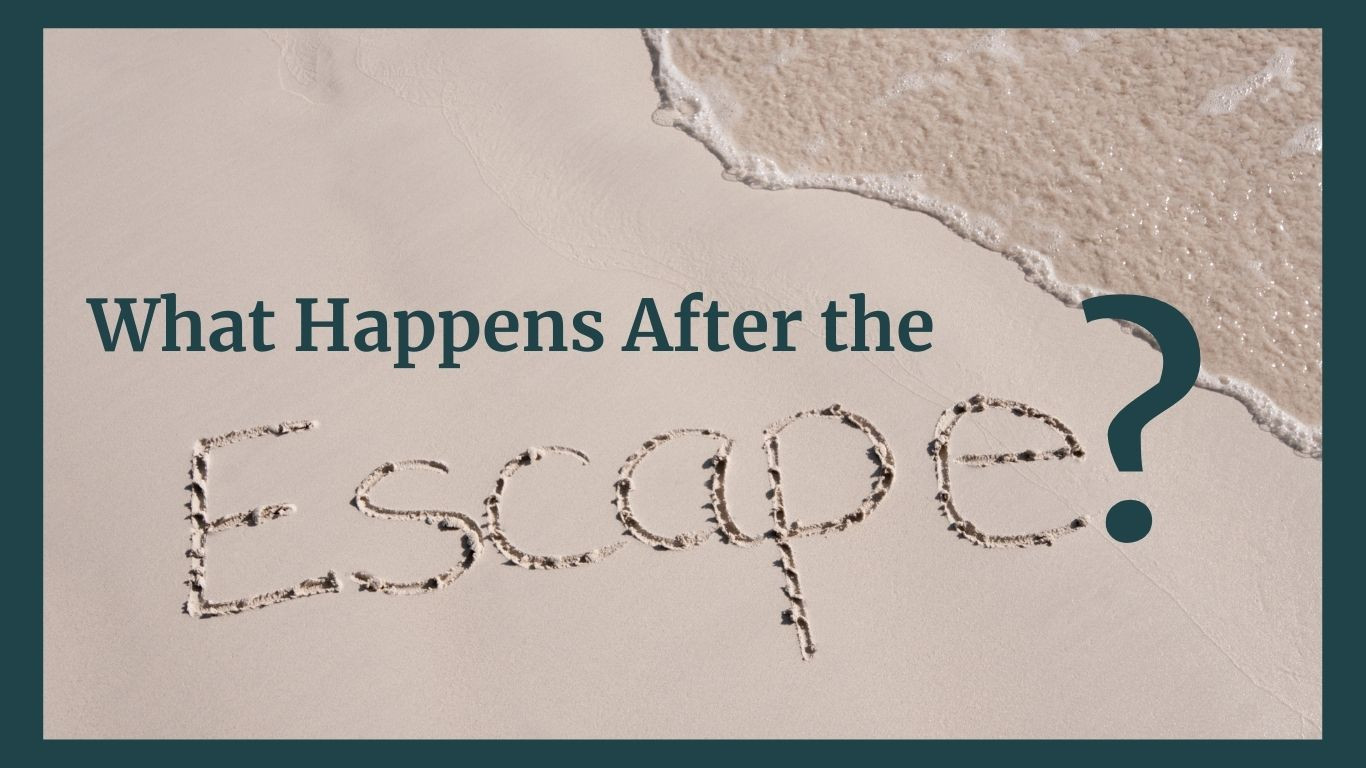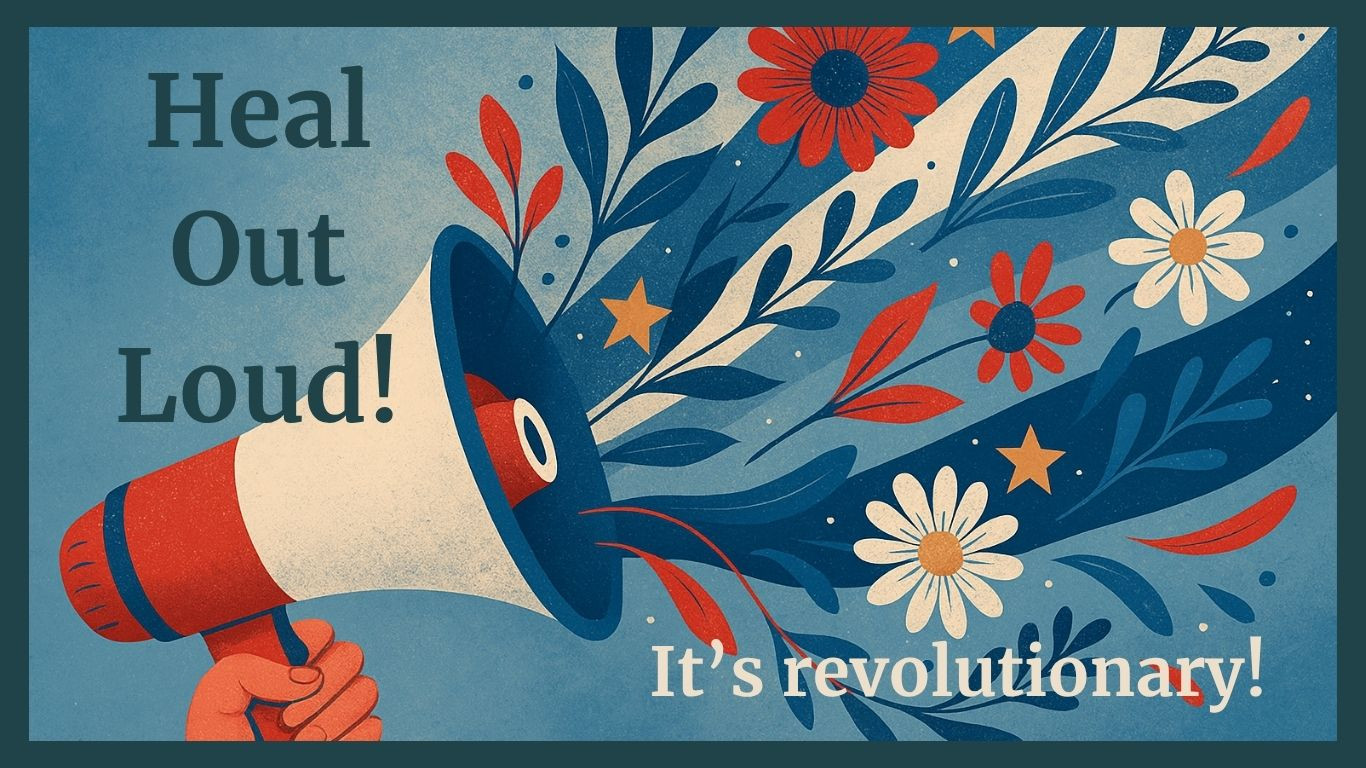
Delve into a poignant exploration of a child's reflections on their father's gradual cognitive decline, juxtaposed with memories of a childhood steeped in religious fervor and conflicting teachings. This evocative narrative uncovers the fear and helplessness of witnessing a loved one's mental erosion, while recalling the profound impact of a parent's zealous beliefs on a young mind. As past and present collide, the story invites readers to ponder the deep-rooted influence of family and faith, challenging us to find meaning amid uncertainty. Discover how this journey from youthful indoctrination to adult introspection unfolds in a moving account of love, loss, and personal growth.
The full letter is available to paid subscribers on Substack. These are sacred stories, and I’m choosing to share them in sacred space.
Read the full letter here: Subscribe to Substack
Thank you for supporting honest stories and gentle rebellion.
Read more...Thank you for supporting honest stories and gentle rebellion.

Discover the profound impact of what you mentally consume every day and how it shapes not just your moods but your entire belief system. This blog post delves into the hidden consequences of allowing negative digital inputs, like doomscrolling and social media comparisons, to dictate our emotions and behaviors, creating a cycle that can lead to anxiety and disconnection. By rethinking what you expose your mind to—whether it's uplifting content, moments of gratitude, or time in nature—you hold the power to transform your mindset and well-being. Explore how redirecting your mental diet can lead to a more peaceful, empowered, and effective you. Dive in to learn more about breaking free from destructive mental habits and cultivating a life that's aligned with hope and growth.
Read more...
Have you ever considered who or what is shaping your thoughts and beliefs each day? Just like you wouldn't allow someone else to control your daily grooming routine, it's crucial to recognize that your mind is being influenced by external forces from the moment you're born—whether it's through family, culture, or societal norms. This blog post delves into the concept of subconscious programming and offers empowering strategies to take back control, using tools like self-hypnosis and affirmations to intentionally rewrite your internal narrative. Are you ready to start washing your brain with purpose and reclaim your mental autonomy?
Read more...
In a garden, a discovery of tiny holes in kale leaves led to a profound realization about nurturing. Instead of condemning the plant, the focus shifted to understanding the cause—spring cankerworms from a nearby oak tree. This incident mirrors how we should approach our own struggles, not with self-blame but with curiosity about our environment and needs.
Just as a gardener examines the soil, sun, and water to aid a struggling plant, we should look at our own life conditions when facing personal challenges. Often, we are quick to fault ourselves for our distress, yet the real issue may lie in our surroundings or unmet needs. This perspective shift from self-criticism to environmental awareness can lead to more compassionate self-care and improved well-being.
This gardening lesson extends to parenting as well. When children struggle, the solution isn't to demand resilience but to assess their needs for rest, nourishment, and safety. By tending to the 'soil' of their lives with love and attention, we foster an environment where both children and adults can thrive, free from the burdens of unnecessary pressure and punishment.
Read more...
Escaping a cult is merely the start of a challenging journey towards psychological freedom, and without internal transformation, there's a risk of succumbing to another controlling system. Dr. Marlene Winell describes this ongoing battle as Religious Trauma Syndrome, highlighting the struggle that ex-cult members face as they navigate internalized beliefs and behaviors. This transitional phase, often termed the "in-between time" in cultic studies, leaves individuals feeling lost, caught between their old lives and a reintegrated existence in society, increasing their vulnerability to similar systems.
Research indicates that former members of strict religious groups often wrestle with emotions like guilt and confusion, which can lead them inadvertently into new environments that offer certainty through simplistic answers or authoritative figures. Experts in deconversion stress the crucial role of inner work, such as nervous system healing and belief reprogramming, to prevent repeating the dynamics from which they escaped. The mind, akin to a computer, runs on pre-installed software of thoughts and beliefs that require deliberate examination and rewriting to avoid unconsciously following harmful patterns.
This subconscious programming can manifest as a tendency to fall for conspiracy theories, follow rigid ideologies, or seek validation through people-pleasing. Deeper, shadow work becomes essential to break free from the influential pull of controlling groups or personalities. Without these conscious efforts to reprogram the mind, individuals may unwittingly transition from one cult-like environment to another, continuously drawn by the comfort of familiarity rather than breaking free into true self-awareness and autonomy.
Read more...





